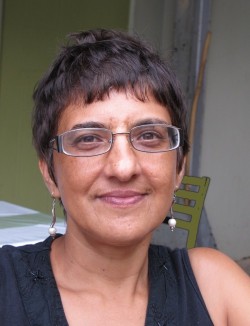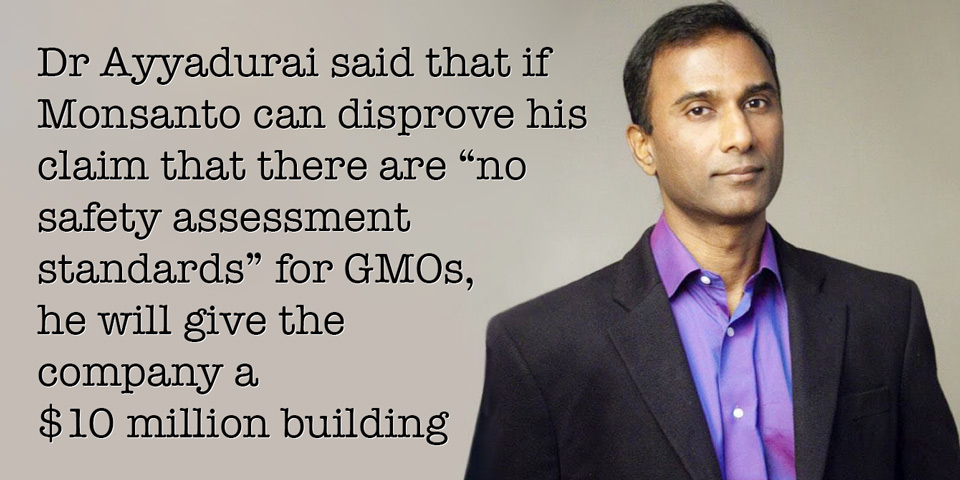It’s good to see knowledgeable commentators like genetic engineer Dr Belinda Martineau and ag journalist Alan Guebert commenting skeptically on Mark Lynas’s misrepresentation of the scientific and political reality of GM crops.
We have one comment on Guebert’s statement that EU member state’s GMO cultivation bans “are more about the next election than what’s next in science”.
EU member states’ attitudes towards GMOs are indeed in part political – as they should be – but in many cases they are also informed by strong scientific arguments.
Individual member states have submitted strong objections to EFSA’s declarations of safety for some GMOs and have
invoked the “safeguard clause” provided by the European GMO regulations to ban the cultivation of these GMOs on their territory.
The safeguard clause allows a member state to ban the use or cultivation of a GMO based on risk to health or the environment.
While the European Food Safety Authority (EFSA) and the EU Commission have disagreed with these bans, the member states concerned have argued them on scientific grounds.
Our own experience of talking to GMO regulatory experts in GMO-skeptical member states is that they have plenty of scientific concerns about the effects of GMOs on health and the environment.
These concerns are fuelled by the lack of long-term safety testing in animal feeding studies prior to regulatory authorisation and EFSA’s tendency to dismiss significant effects in animals fed GMOs by claiming those effects are not biologically significant – a concept which, however, has never been defined.
It’s doubtless true that scientific evidence of varying quality can be found to support whatever political stance a member state decides to take on GMOs. But that just proves that science doesn’t deal in absolutes. It’s rife with uncertainties and is confounded by such factors as who paid for the research, who framed the question it’s addressing, and how the data are interpreted.
Such scientific uncertainty is one good reason why decisions on whether to adopt GMOs must remain predominantly political – yet informed by rigorous science carried out in the public interest.
1. When food is genetically modified
2. Farm and Food: The sounds of science
 On the eve of the U.S. National Academies of Sciences and Medicine International Summit on Human Gene Editing, the Center for Genetics and Society and Friends of the Earth released a new report “Extreme Genetic Engineering and the Human Future: Reclaiming Emerging Biotechnologies for the Common Good.”
On the eve of the U.S. National Academies of Sciences and Medicine International Summit on Human Gene Editing, the Center for Genetics and Society and Friends of the Earth released a new report “Extreme Genetic Engineering and the Human Future: Reclaiming Emerging Biotechnologies for the Common Good.” 






